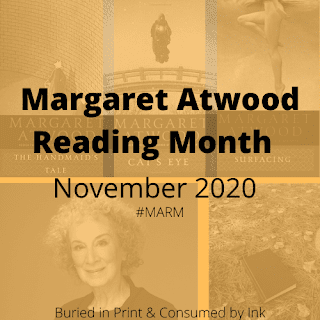'In this shite-house of a country even the lunatics are fascist.'
Eduardo Mendoza's The Mystery of the Enchanted Crypt (1979, translated by Nick Caistor, 2008) is narrated by a lunatic. Well, at the start of the novel, he's an inmate in a lunatic asylum. That comment is made by one of the staff doctors. But Dr. Sugrañes, the head of the asylum, tells our narrator he's recovered. (We might have some doubts.) It's only a bureaucratic snafu that's keeping him inside. And if only he'll perform a small service, just a very small service, for Inspector Flores, he can win his freedom.
The narrator was a police informer before he fell foul of the police, and was locked up in the asylum. (Exactly why an asylum and not prison is not made particularly clear.) He's presumed to know the streets and have sources of information.
The case Flores wants solved is the disappearance of a fourteen-year-old girl from a convent school. Six years before there was a similar disappearance, but the case was dropped and the mystery never explained when the girl returned a few days later. Flores wants to know what happened, make sure this girl returns, too, but wants deniability if he needs it. Hence our narrator is put on the case.
The 1979 date is important. The novel is set in the immediate post-Franco era in Barcelona. Flores was a policeman in the Franco era; he remains in his position after the death of Franco. The narrator was locked up in the Franco years. Was his case political as well? Probably.
It's funny, or I thought so, though some of the jokes are a bit insider-y:
'...all she ever bought were the Planeta prizewinners, and you know what they're like.' [109]
I immediately looked up to see if Mendoza had won the Planeta prize. He had not. But they didn't hold it against him (or maybe they did?) because he won it later.
'I hailed a taxi I had spotted, jumped in and told the driver,
"Follow those two cars. I'm from the secret police."
"So am I," he said. "Which branch?"
"Drugs," I improvised. "How is the wage bargaining going?"
"Badly, as usual," grumbled the bogus taxi driver. "We'll see what happens at these elections. I'm going to vote Felipe González: what about you?"
"Whoever my bosses tell me to." [143]
González is a socialist. Perhaps not whom the secret police should be voting for. And:
'Seeing a dentist weep so despairingly was strangely moving.' [151]
Which made me laugh out loud, though maybe that's just me...
There's also a running joke about how our narrator can't get a shower; he was in the middle of a soccer game at the insane asylum when he was first put on the case and never gets a wash until the end.
It's also got the shape of a P.I. novel and the solution isn't bad.
Politics, humor, plotting. Pretty good all-in-all. This is the first in a series by Mendoza with his mad detective.
Mendoza is a contemporary Spanish novelist (b. 1943) and celebrated--he won the Premio Cervantes in 2016--but only some of his works have made it into English. This is the first thing by him I've read, but I'm definitely going to keep an eye out for others. Wikipedia says his works are divided, like Graham Greene's sometimes were, into 'novels' and 'entertainments'. If so, this was an entertainment--and indeed it was--but substantial enough, too.
I'm not really sure where I heard about him, probably someone in the bloggy world, though. If it was you, it's OK, you can now raise your hand...
At 192 pages, and not particularly dense ones, I'm guessing it's 50000 words, maybe a little long for the category, but I say it's a Novella in November!



















